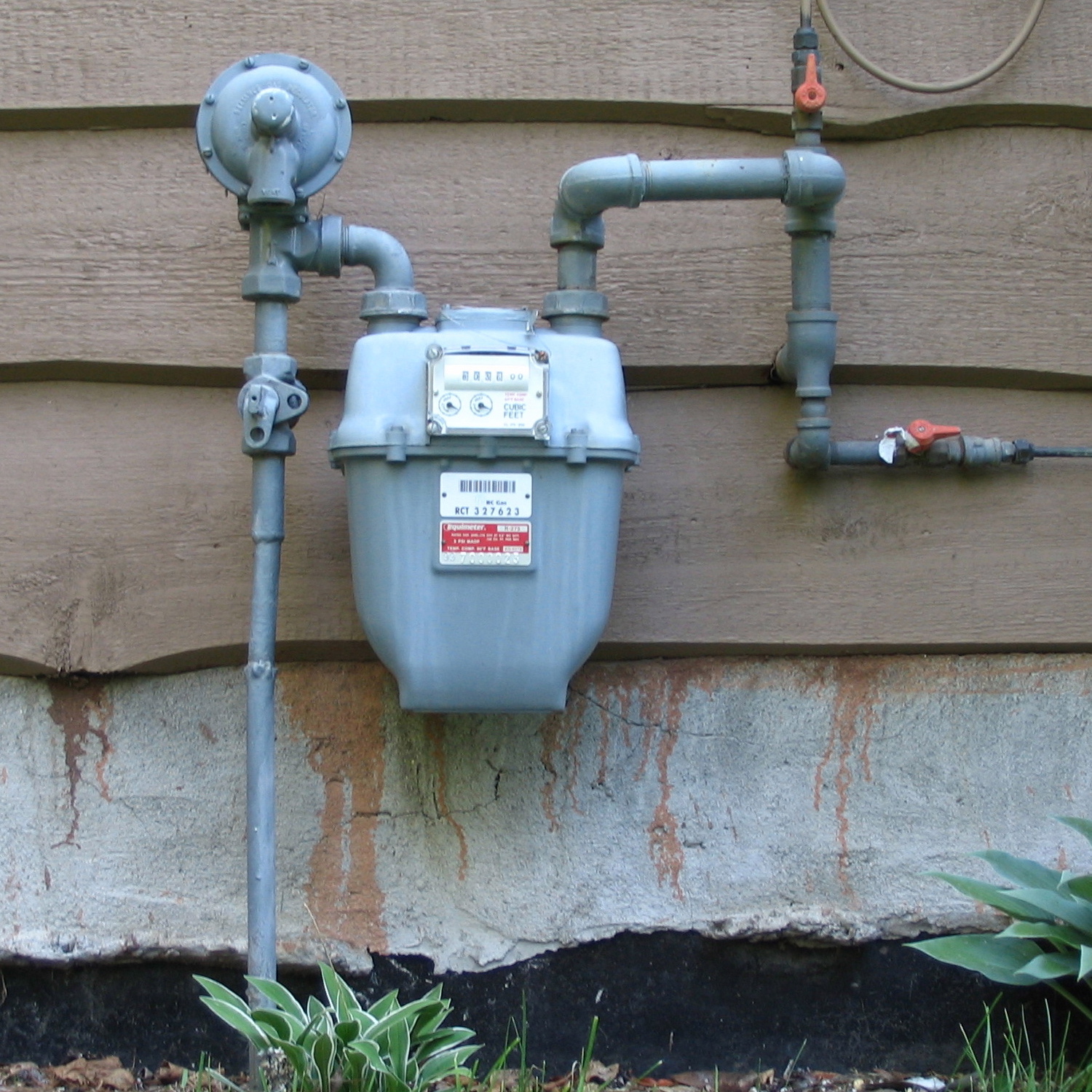Natural gas and liquid propane (LP) are both commonly used fuels, but they have several differences. Here are five reasons how natural gas is different from liquid propane:
State of Matter:
- Natural Gas: It is primarily composed of methane (CH₄) and is in a gaseous state at room temperature and atmospheric pressure. It is transported through pipelines.
- Liquid Propane: Also known as liquefied petroleum gas (LPG), propane is stored and transported in a liquid state under pressure. It becomes a gas when released into the open air.
Energy Content:
- Natural Gas: It has a lower energy content per unit volume compared to liquid propane. This means that a larger volume of natural gas is required to produce the same amount of energy as a given volume of liquid propane.
- Liquid Propane: It has a higher energy content per unit volume than natural gas. This makes it more energy-dense and often more convenient for storage and transportation.
Storage and Handling:
- Natural Gas: It is typically supplied through pipelines, and storage is limited to compressed or liquefied forms for specific applications. Natural gas is not stored in liquid form at ambient temperature.
- Liquid Propane: It is stored and transported in liquid form under pressure in tanks or cylinders. The ability to store it as a liquid allows for more compact storage and transportation compared to natural gas.
Density:
- Natural Gas: It has a lower density than liquid propane. As a result, a larger volume of natural gas is needed to achieve the same amount of heating energy.
- Liquid Propane: It has a higher density than natural gas. This allows for more efficient storage and transportation as it can be kept in a liquid state at relatively low pressures.
Safety Concerns:
- Natural Gas: Being lighter than air, natural gas tends to disperse quickly in the atmosphere. While it is flammable, its lighter nature reduces the risk of accumulation in enclosed spaces.
- Liquid Propane: Heavier than air, propane can accumulate in low-lying areas if there is a leak, increasing the risk of combustion. Proper ventilation and storage practices are crucial to mitigate safety concerns associated with propane.
It’s important to consider these differences when choosing between natural gas and liquid propane for various applications, such as heating, cooking, or fueling vehicles. The choice often depends on factors like availability, infrastructure, energy requirements, and safety considerations.




